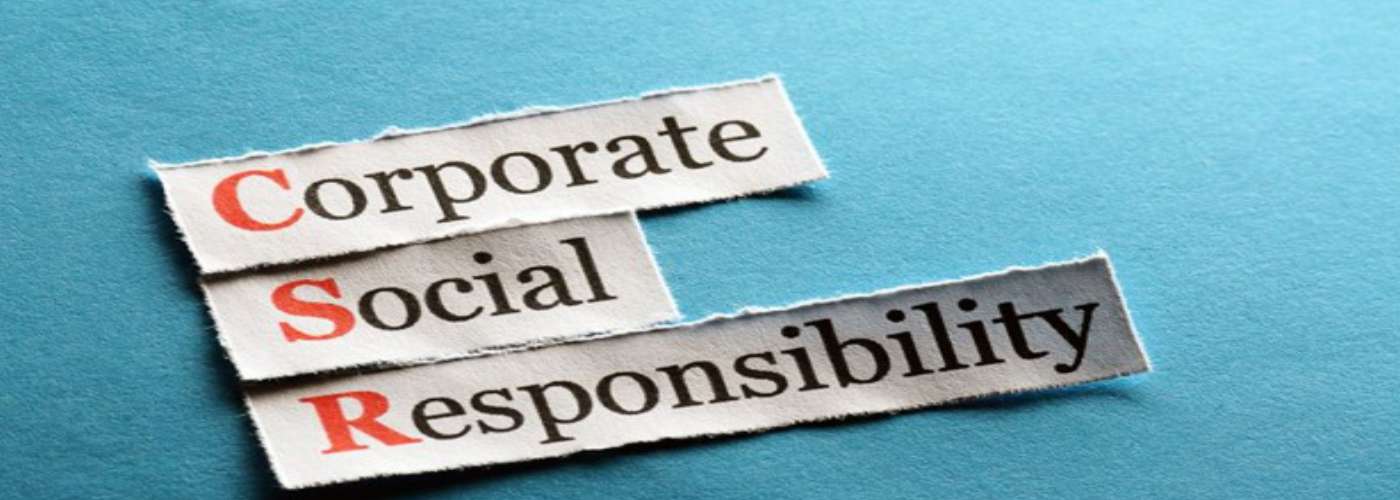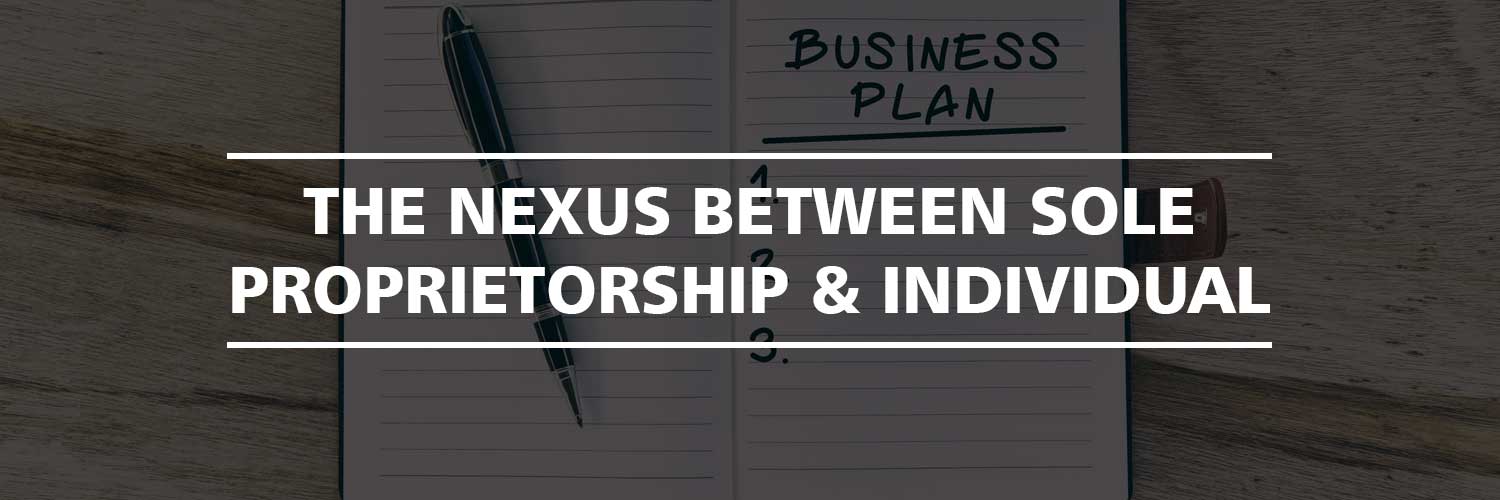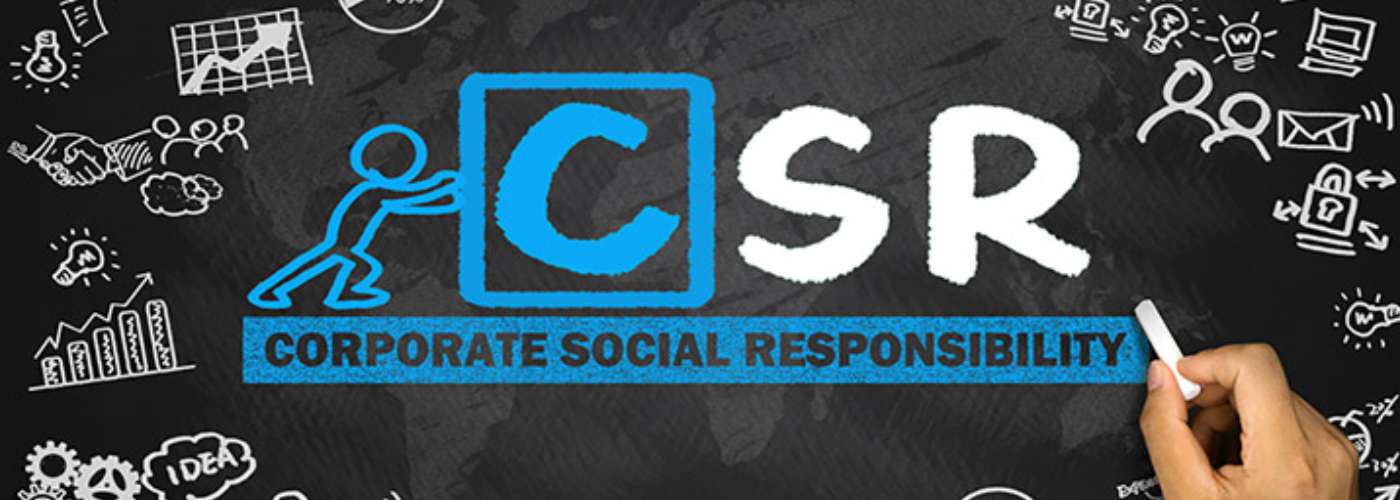Meaning of Monopoly: When one or more big companies are the sole sellers of a product and no other small business sells that product, they have an advantage of changing the situations in the market according to their interest, which is called as their monopoly.
Certain features of monopoly:
High prices: There are no competitors to the monopoly business. So, they generally keep high prices.
Exploitation of consumers: Consumers are generally exploited at the hands of the seller because they have to agree to their terms and conditions if they want that product because it is not available with every shop in the market.
Huge investment: Monopolies are created in markets in which huge investments are required which normal businessman cannot afford, and the monopoly situation is created in the market to chare high from the buyers.
Its effect and steps were taken by government:
Monopolies are bad not only for other businessman or consumers but for the economy as a whole. Prices tend to rise so much which leads to consumer exploitation. Moreover, they tend to supply less to raise prices artificially and the full capacity is not used and output is thus less. The government has enacted the Consumer Protection Act, 2002 to prevent monopolies and restrictive trade practices. Except for few areas, free entry is allowed everyone to set up business.
Unfair Trade Practices: Any practices undertaken by business to promote its business or sale which are unfair to the interest of customers.
What is included in unfair trade practices?
- the practice of making any statement, whether orally or in writing or by visible representation which-
- Falsely represents that goods are of a particular standard, quality, grade, composition, style or model.
- Falsely represents that the services are of a particular standard, quality or grade.
- Falsely represents some old goods or renovated goods as new goods,
- Falsely represents that his goods are affiliated to a particular brand
- Falsely gives guarantee which is not based on any proper test.
- Misleads the general public regarding the price.
- Gives false information about the product just to promote the sale
An example of an unfair trade practice:
In Miss Sonika Tandon & Ors. V. Rauf Muslim Jamia Bahera, the plaintiff had in response to an advertisement published by the opposite party, taken admission in the BDS Course, and made payment of Rs.40,000 as fees. But the concerned institute was not recognized by the dental council of India and there were no proper facilities like infrastructure and teaching staff. No examination was conducted and it was held to be an unfair trade practice and the opposite party was directed to pay Rs 40,000 as what was charged to pay by the plaintiff as fees together with Rs 2 lacs for loss and injury to the complainant.
Also what is included under unfair trade practices is anything which is not legal to do a business like showing demeaning other’s product, using underweights, and misleading and exploiting consumers in any way.
Remedies: Government inspects different shops and business and catch the unfair practices done red-handed. If any consumer feels that he is being exploited, he can
Government inspects different shops and business and catch the unfair practices done red-handed. If any consumer feels that he is being exploited, he can complain in consumer court. For checking monopoly also, different commissions are made which inspect into it. The license of such businessmen are canceled and are heavily penalized by way of money in case of unfair trade practices.









